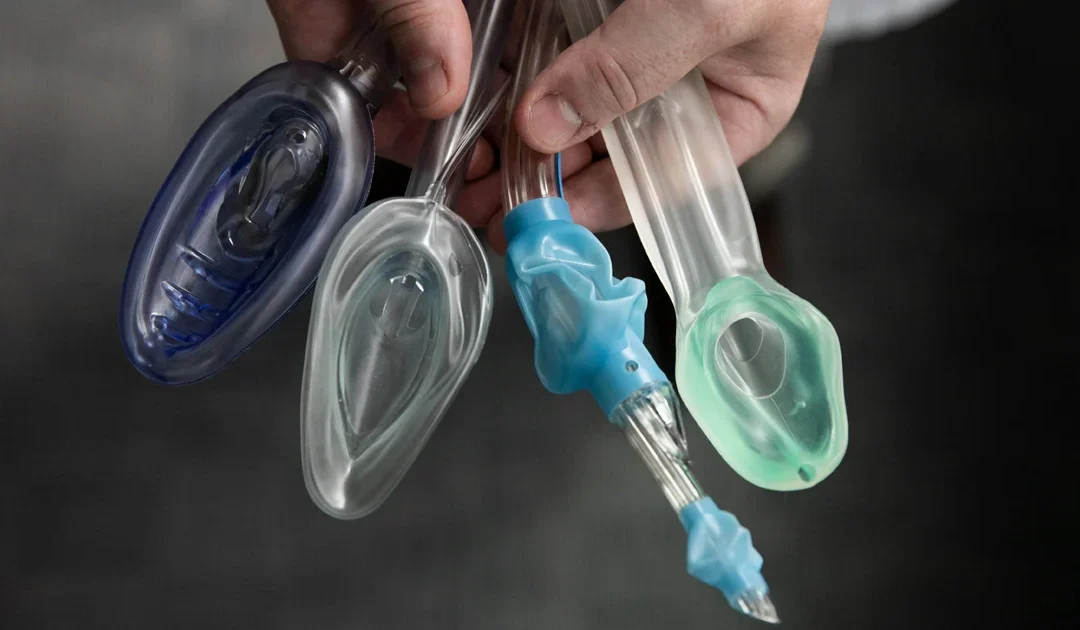Intubation is a critical medical procedure involving the insertion of a tube into a patient’s airway to maintain or restore breathing. It’s commonly performed in emergencies, during surgical procedures, or when a patient is critically ill and unable to breathe independently. While the procedure is often life-saving, errors during intubation are not uncommon and can lead to severe complications, which can make the procedure medically important and legally complex.
Pinpointing Critical Failures in the Intubation Procedure
Medical professionals must follow established protocols and make timely decisions, especially in high-stress environments. When this standard of care isn’t upheld and results in patient harm, it could point to negligence. This negligence can serve as the basis for a potential medical malpractice lawsuit. Some of the most common malpractice claims related to intubation include:
- Failure to secure the airway promptly leading to brain damage or death
- Improper tube placement, such as inserting it into the esophagus or a bronchus, causing oxygen deprivation
- Failure to monitor or recognize signs of dislodged tubes
- Negligence during extubation, resulting in airway collapse or aspiration
- Lack of informed consent
Real-Life Cases: Getahun v. Piedmont Healthcare & Williams v. St. Francis Hospital
A devastating example of a preventable intubation negligence case is Getahun v. Piedmont Healthcare. Maya Getahun, a 2-year-old girl full of life and promise, was taken to Piedmont Eastside Medical Center in Snellville after being bitten by fire ants and showing signs of a severe allergic reaction. Her parents rushed her to the ER as she began experiencing respiratory distress, expecting swift and capable care.
Though the medical staff recognized she was suffering from an allergic reaction, the ER physician chose to proceed with rapid sequence intubation (RSI)—a procedure that requires specific pediatric tools—without first confirming whether the hospital had the appropriate equipment for a child. The RSI medications paralyzed Maya, but when it came time to secure her airway, the physician allegedly discovered the hospital lacked the tools needed to intubate someone her size.
As minutes passed without oxygen, Maya’s condition worsened. Her parents stood by helplessly as their daughter slowly died from oxygen deprivation—a death the family’s legal team argues was entirely preventable.
Another tragic example of a preventable intubation negligence case is Williams v. St. Francis Hospital. Sandy, a 53-year-old bank employee with a loving family, underwent neck fusion surgery to treat chronic pain from a degenerative condition. The surgery went well, but days after being discharged, she experienced worsening difficulty swallowing. Despite contacting Dr. Erik Westerlund, who advised minimal treatment, Sandy went to the ER at St. Francis Hospital.
An X-ray revealed a large mass compressing her windpipe. Dr. Westerlund arrived five hours later, by which time her airway had nearly closed. Attempts to intubate failed and Sandy’s airway collapsed. After a desperate attempt to relieve pressure, she went without oxygen for 20 minutes, leading to a month-long coma and permanent injuries, including blindness and brain damage.
Her husband sought legal help near the two-year statute of limitations. Bell Law Firm took the case, finding strong evidence of medical negligence, and filed the lawsuit just in time.
Steps to Take After Medical Negligence Affects Your Family
If you or a loved one has suffered harm due to intubation negligence, it’s essential to take action quickly. Here are key steps to follow:
- Seek Immediate Medical Attention: If you suspect a medical error caused or contributed to your injury, get an independent medical opinion as soon as possible.
- Gather Medical Records and Evidence: Documentation is crucial. Request your medical records, test results, surgical notes, and any other relevant information.
- Consult a Medical Malpractice Attorney: A lawyer with experience in medical negligence cases can help assess whether malpractice occurred and what legal options are available. It’s important to seek out a team with trial experience, like Bell Law Firm.
- File a Legal Claim: If malpractice is evident, pursuing a claim can help recover compensation for medical expenses, lost wages, pain and suffering, and long-term rehabilitation costs.
Bell Law Firm: Fighting for Georgia Families Harmed by Medical Errors
Medical malpractice cases – including those involving intubation negligence – are highly complex and demand legal representation with specialized expertise and a history of success. Bell Law Firm has consistently demonstrated its ability to hold dangerous medical professionals accountable, securing justice for patients and their families.
If you or a loved one has been harmed by medical malpractice, Bell Law Firm is here to help—contact us today for a free case evaluation.

